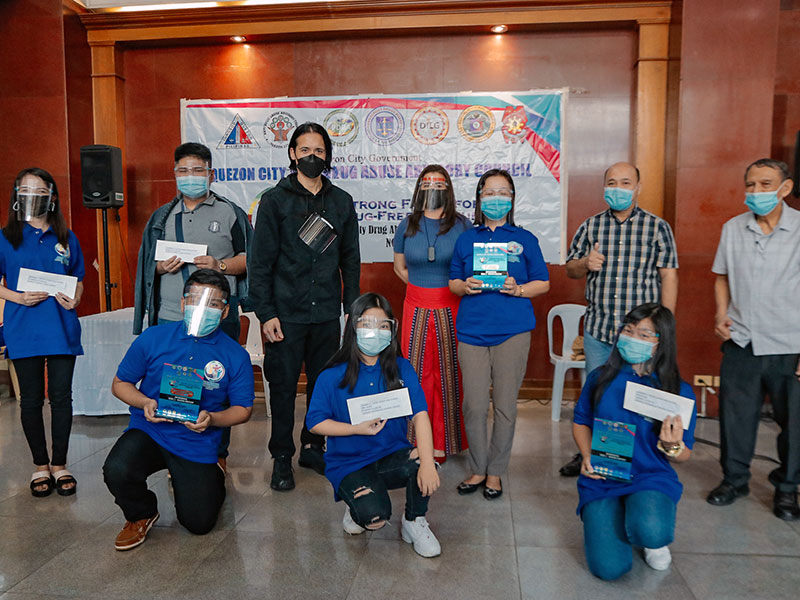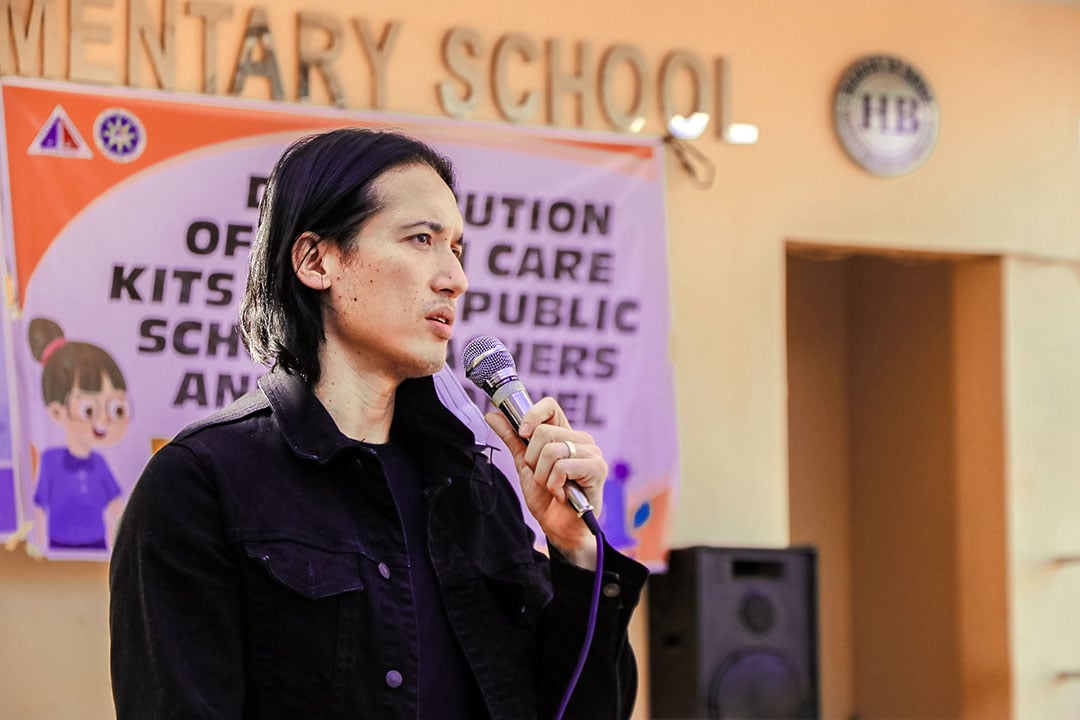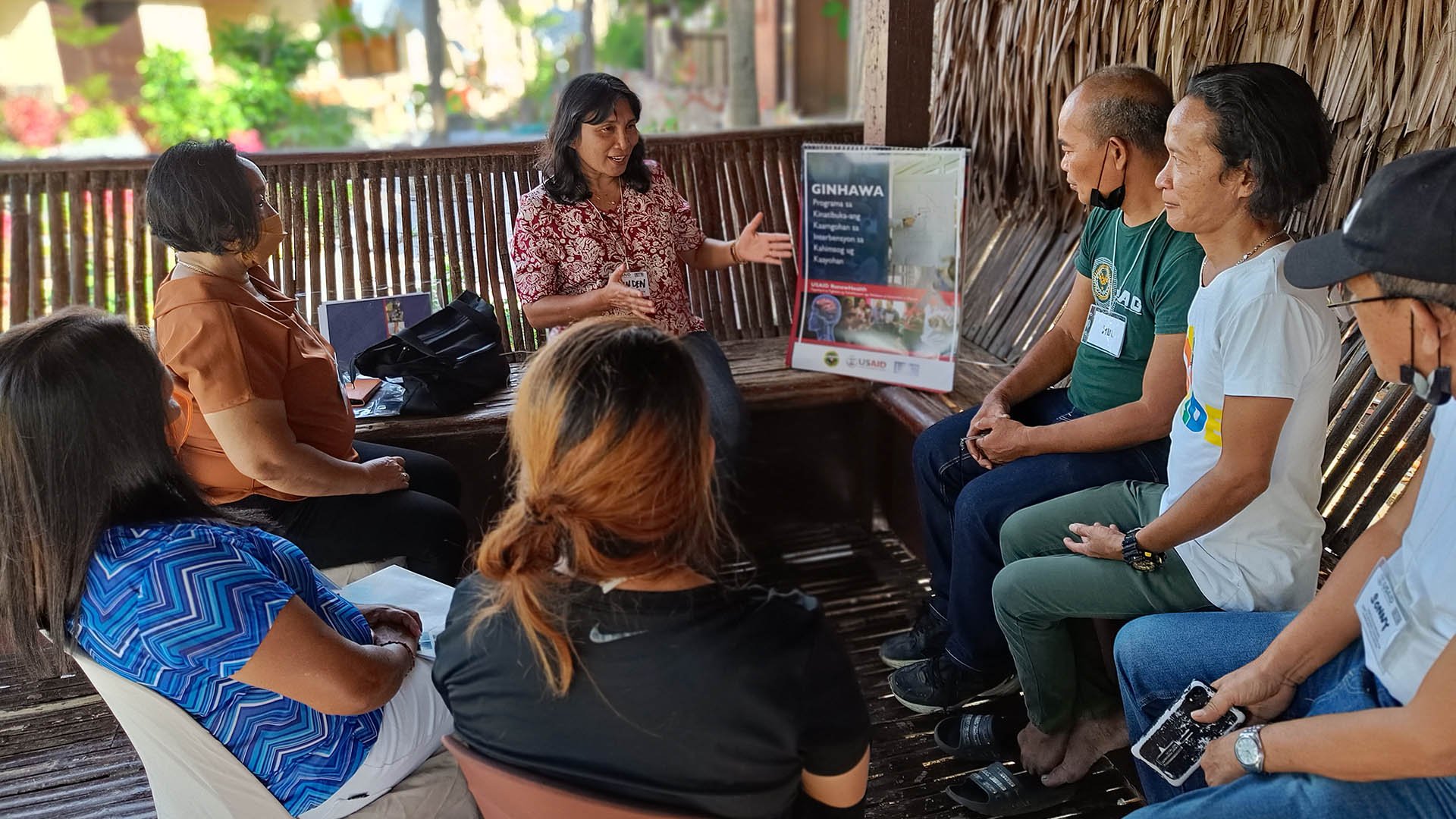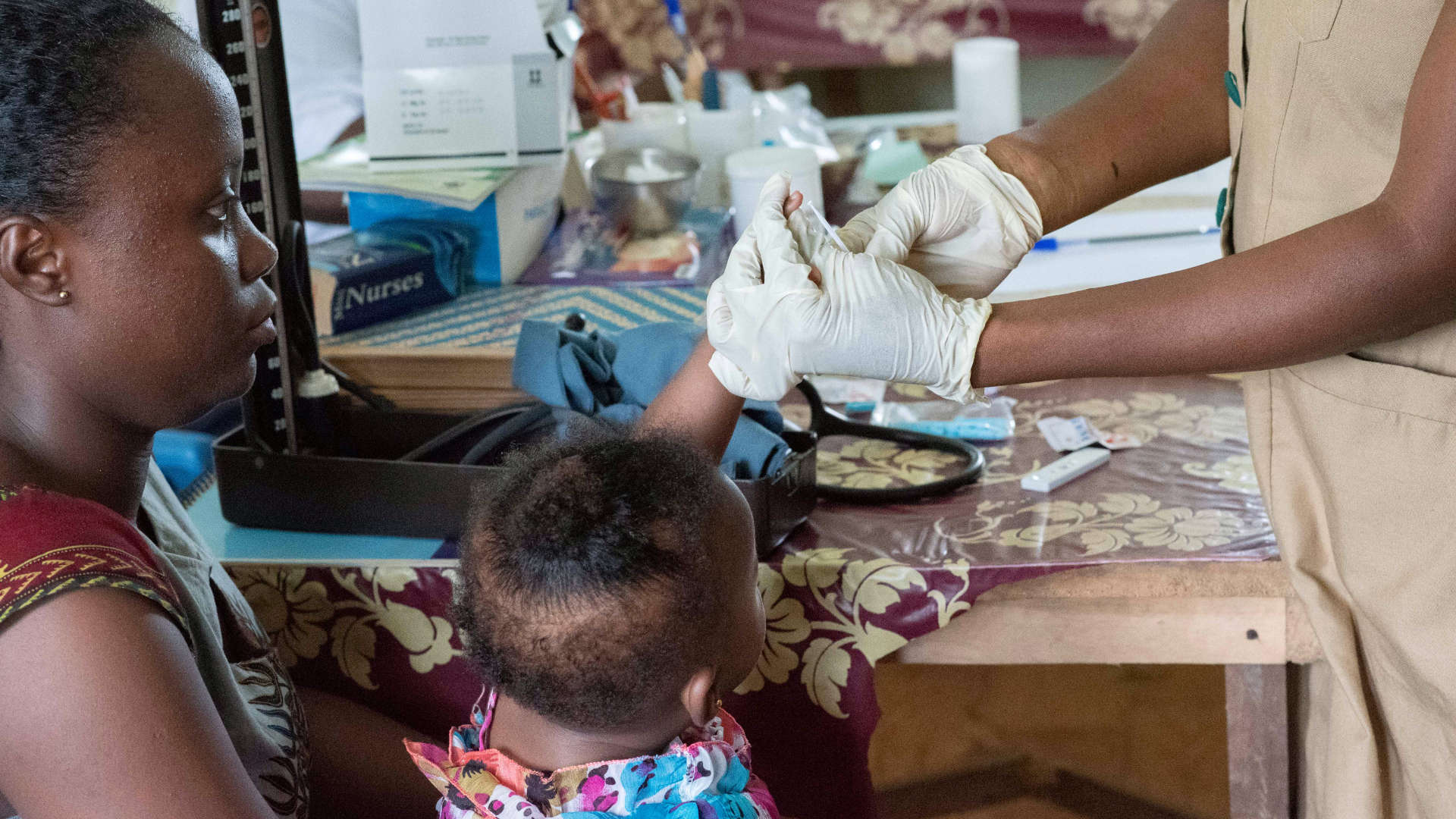“The war on drugs is not in the streets – it is in our homes.”
So says Gian Carlo Sotto, Vice-Mayor of Quezon City, the Philippines’ most populous city. In his view, family plays a critical role in the fight against illegal drugs. The influence of family on persons who use drugs (PWUDS), he says, is key in their journey and transformation toward recovery.
Vice-Mayor Gian is not a typical local government official. He was born into a famous Philippine family, with his father a prominent senator, and his mother an actress and singer. But he has not led a charmed life.
Recovery: A Shared Experience between PWUDs and Their Families
During his late 20s, which Gian calls his dark days, “I went through a series of challenges and struggled with depression,” said Gian. He went through several vices which made things worse for him and his family. It came to a point where he almost lost everything – his family, friends, and his future. At this point his father gave him some important advice: “Tumutok ka sa Diyos at sa pamilya mo at di ka maliligaw ng landas,” or “focus on God and family and you will not go astray.”
Gian renewed his faith and found a new purpose – to serve God by serving others – through public service.
“Family support coupled with my devotion to Christian values made me a better person,” said Gian. “This commitment influenced my work in anti-drug abuse efforts in Quezon City.”
In 2010, Gian became Councilor for the 3rd district of Quezon City. He chaired the dangerous drugs committee where he led drug prevention and awareness campaigns. After years of working with communities in his district, Gian became Vice-Mayor of Quezon City in 2019.
Providing Compassionate Care
URC’s USAID Expanding Access to Community-Based Drug Rehabilitation Program in the Philippines (USAID RenewHealth) harnesses the strength of family ties in Philippine society to reduce drug dependency in the communities where the program operates. The project works to help PWUDs, people in recovery, and their families access informal care, gain self-help skills, and access community-based drug rehabilitation (CBDR) services.
In 2019, USAID RenewHealth partnered with 20 cities across the country, including Quezon City, to enhance the quality of community-based treatment and services as well as the capacity of local health governance to deliver patient-centered and compassionate CBDR services.
The project works with local governments and health officials to develop evidence-based tools and interventions that address the core social, psychological, biological, and other dimensions of drug use along the continuum of care toward recovery.
Family Interventions Essential in Rehabilitation
One key tool that USAID RenewHealth is developing and piloting is the General Intervention on Health and Wellbeing Awareness (GINHAWA), which enables community facilitators to systematically teach their clients life skills, like communication and conflict resolution. Community facilitators bring in family and peers of clients to clarify myths on substance use, determine the role of the family in the recovery process, and discuss how substance abuse affects the family. Participants practice effective listening as well as positive and assertive communication. Improving family relationships through these skills can better support substance users as they aim for change toward a healthier wellbeing.
Aside from its efforts to build healthy behaviors among families and their communities, USAID RenewHealth works with local leaders to help strengthen their governance for sustainable CBDR delivery.
In Quezon City, Vice-Mayor Gian has helped introduce policies that consider family and community dynamics of CBDR clients. In 2020, the city passed an ordinance to create anti-drug abuse education centers for each district. This has enabled community facilitators to provide counseling and treat PWUDs and their families as close to their homes as possible. The city also developed a digital database and monitoring system that allows community facilitators to identify the support PWUDs will need, such as livelihood, employment, or education, after they complete treatment.
These measures earned the city regional and national citations, including one for the most effective anti-drug abuse council in the country.1

A Leap of Faith
“We need a leap of faith to solve our country’s drug problem,” concludes Vice-Mayor Gian. “With the help of our community facilitators and the leadership of our mayor, we can transform our PWUDs to become productive members of our community. We must focus our efforts in building strong families, which is key to prevention and rehabilitation from drug use.”
1 In 2019, the Department of the Interior and Local Government recognized Quezon City government’s anti-drug campaign with a perfect 100 functionality points (ideal/ high functionality) during the 1st National Anti-Drug Abuse Council (ADAC) Performance Awards. Anti-Drug Abuse Advisory Council Chair and Mayor Joy Belmonte was pleased that QC ADAC was recognized as one of the most effective ADACs nationwide, following its Best ADAC in National Capital Region Award in December 2018.



